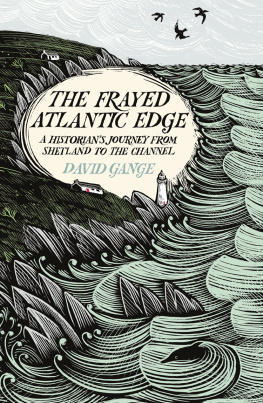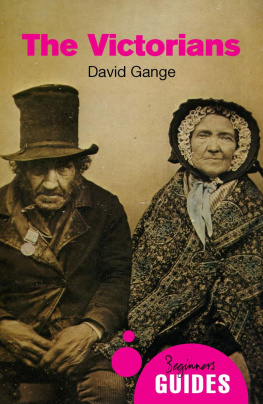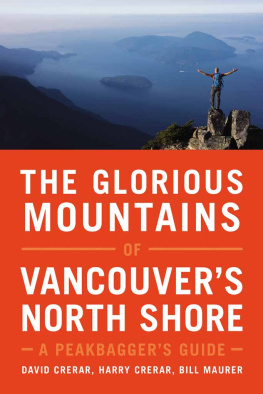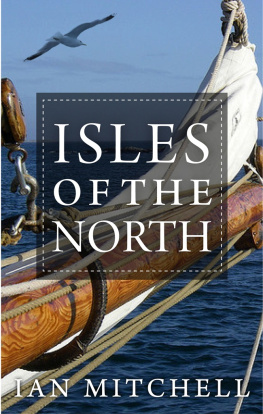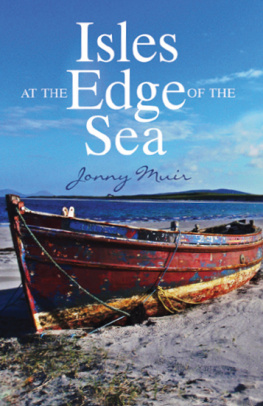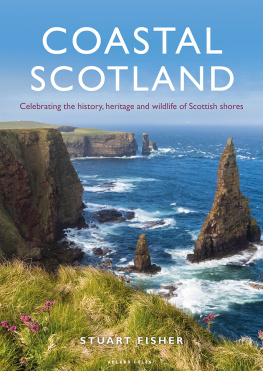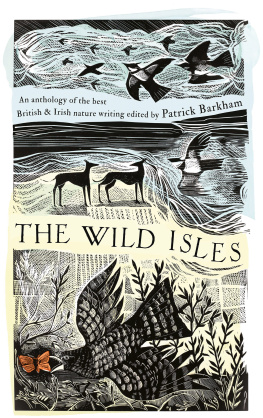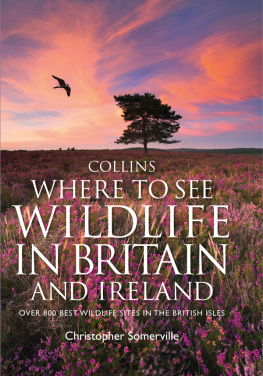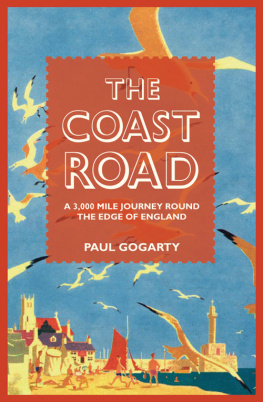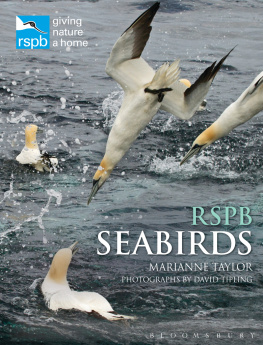Contents

William Collins
An imprint of HarperCollinsPublishers
1 London Bridge Street
London SE1 9GF
www.WilliamCollinsBooks.com
This eBook first published in Great Britain by William Collins in 2019
Copyright David Gange 2019
Cover art by Joe McLaren
Maps by Martin Brown
David Gange asserts the moral right to be identified as the author of this work
A catalogue record for this book is available from the British Library
All rights reserved under International and Pan-American Copyright Conventions. By payment of the required fees, you have been granted the non-exclusive, non-transferable right to access and read the text of this e-book on-screen. No part of this text may be reproduced, transmitted, down-loaded, decompiled, reverse engineered, or stored in or introduced into any information storage and retrieval system, in any form or by any means, whether electronic or mechanical, now known or hereinafter invented, without the express written permission of HarperCollins
Source ISBN: 9780008225117
Ebook Edition July 2019 ISBN: 9780008225124
Version: 2019-05-29
For Llinos, who taught me to love big seas and small languages
T HIS JOURNEY INVOLVED arriving, dripping and bedraggled, in dozens of coastal communities. When I set out, I hadnt imagined just how generous the people whose homes and workplaces I dampened would be: without such openness, particularly evident on small islands, this project would never have got far. I learned as much through long evenings of discussion as through the other three resources on which the book is based: libraries, archives and the observation of land and sea from the kayak. It wasnt just the spectacles of sea cliffs, nor the dramas of ocean weather, but also those social occasions that meant I ended the journey with greatly intensified enthusiasm for scattered Atlantic islands like Foula, Barraigh and Thora.
Such conversations worked to strengthen the conviction I set out with: that British and Irish histories are usually written inside out, perpetuating the misconception that todays land-bound geographies have existed forever. Despite the efforts of authors such as Barry Cunliffe, whose Facing the Ocean: The Atlantic and its Peoples, 8000 BCto AD 1500 (2001) inspired much debate among historians, the significance of coasts is consistently underestimated, and the potential of small boats as tools to make sense of their histories is rarely explored.
This book sets out to put some of that imbalance right, showing not only that Atlantic geographies have been crucial to British and Irish life but that they continue to be so. It is structured by region, because part of its purpose is to show how similar ingredients of wind, waves and rock have been transformed into entirely different island and coastal cultures by the divergent processes of history. The chapters were written in order, while I travelled, so my process of learning runs in parallel to the readers experience of moving through the book: burrowing gradually deeper into the many ways in which the shorelines are significant. This allows the narrative to follow a trajectory in which the opening chapters evoke the act of kayaking, establishing sounds, smells, sights and stories of the venerable tradition of travelling at sea level. Only gradually does the balance shift towards historical research, literary criticism and argument, revealing the implications of new perspectives picked up through slow travel.
The final section, The View from the Sea, completes that transition. It switches to a different register as it unpicks historical significance from the chapters. It argues that the whole shape of British history is transformed by granting Atlantic coasts and islands a central rather than marginal role. The implications of key historical moments are problematised or reversed. The so-called Enlightenment, for instance, might best be interpreted as the triumph of a few cities Dublin, Edinburgh, London, Birmingham at the expense of other regions. For coastal communities it was the beginning, and the cause, of a lengthy dark age. In contrast, much of what were once referred to as Dark Ages had been eras of great coastal strength and enlightenment, when the intellectual traditions of the Irish Atlantic were the most advanced in Europe. Such reversals abound. The widely celebrated Education Acts of 1870 and 1872 were unmitigated disasters for many coastal zones, while the grim economic recession of the 1970s saw an island renaissance unprecedented for two centuries. All British history looks different when inland cities are made remote by seeing them from Atlantic shorelines, and the most powerful element of a years journey by kayak was immersion in that changed perspective.
As this suggests, its not just historical narratives but also familiar geographies that these waters erode. I began the journey believing I was travelling down a western edge of Britain and Ireland, and assuming I knew what that implied. But these Atlantic shores were long connected as closely to Reykjavik, Bilbao, or the Moroccan port of Safi as to London. There are echoes of Belize on Orkney shores and Nigerian history laps the coast of County Mayo. Communities at the edges were interlinked. Semi-detached from their land masses, they belonged to ocean. This is evident in the artefacts archaeologists unearth and the stories of shoreline encounters. Rare are the coastal regions that havent woven the Armada into their folklore or looked to Scandinavia for ocean-going expertise. Scarcer still are the regions that didnt gain or lose from imperial encounters. These connections are just as clear in the foliage of British and Irish cliffs as in the records of trade or warfare: unfamiliar plants I sat or slept among often turned out to be a misplaced Spanish saxifrage or Norwegian liverwort.
Lerwick (Shetland) and Kinsale (County Cork) have been absent from London-centred histories of the British and Irish isles not because they lacked significance but because they operated in other geographic frames from Gravesend, Grimsby or Dublin: they saw different migrations of people, animals, goods and spores and seeds. At its most extreme, this phenomenon means that some sites on the Irish Atlantic reveal more evidence of historic sea links to China than to England. As I travelled, I found my preconceptions about Britain crumbling, destabilised from within by the diversity of coastal regions and from without by the stories shared by vast Atlantic littorals. Although the local specificities predominate in much of this book (being usually more obvious from a kayak) it was the moments when immense Atlantic geographies intruded that did most to challenge my mental landscape: one purpose of the final chapter is to bring these issues into focus, exploring what visions of the British Isles might emerge at their shorelines.
Just as the most significant histories often happen on the edges of the islands, the most interesting phenomena regularly occur in the margins between disciplines. Exploring past lives on coastlines meant reaching for ideas from geologists, ecologists, naturalists, geographers, anthropologists, artists, poets, novelists or musicians more often than historians. Seabirds, fish and species of seaweed play roles as significant in this book as politicians or their institutions: they had as great an effect on past shoreline lives, and the importance of island pasts today almost always relates both to ecology and community. Talking to naturalists, ecologists, archaeologists and artists was a highlight of the process of researching this book and Id love to think that such lines of communication might one day be wedged more permanently open.
Next page
